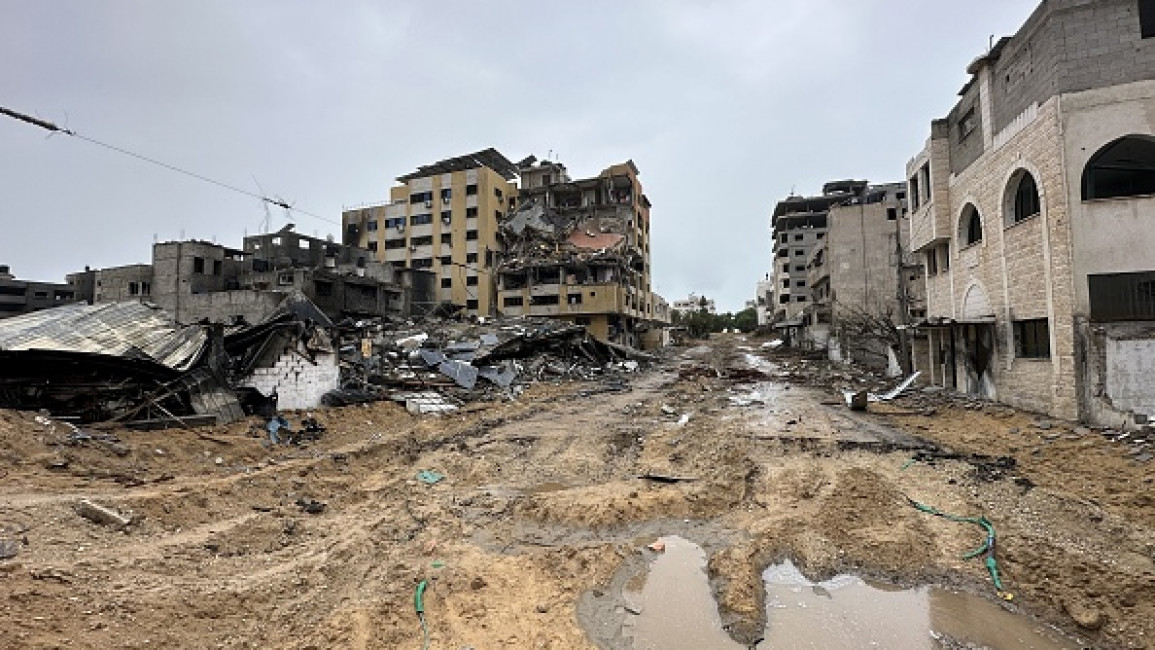Disease could be bigger killer than bombs in Gaza: WHO
More people could die from disease than from bombings in the Gaza Strip if its health system is not repaired, a World Health Organization spokesperson said on Tuesday.
Gaza health authorities deemed reliable by the United Nations say more than 15,000 people have been confirmed killed in Israel's bombardment of Gaza, around 40% of them children, with many more dead feared to be lost under rubble.
Israel has sworn to annihilate the Palestinian group Hamas, after its gunmen burst across the fence and killed around 1,200 people and seized 240 captives on October 7.
"Eventually we will see more people dying from disease than we are even seeing from the bombardment if we are not able to put back (together) this health system," said the WHO's Margaret Harris at a U.N. briefing in Geneva.
She repeated concerns about a rise in outbreaks of infectious diseases, particularly diarrhoeal diseases.
The spread of disease in Gaza 'will bring victory closer,' says a retired Israeli general.https://t.co/Go6jhe2FE9
— The New Arab (@The_NewArab) November 22, 2023
Citing a U.N. report on the living conditions of displaced residents in northern Gaza, she said: "(There are) no medicines, no vaccination activities, no access to safe water and hygiene and no food. We saw a very high number of cases of diarrhoea among infants," she said.
She described the collapse of Al Shifa Hospital in northern Gaza as a "tragedy" and voiced concern about the detention of some of its medical staff by Israeli forces during a WHO evacuation convoy.
James Elder, a spokesperson from the U.N. Children's Agency in Gaza, told reporters by videolink that hospitals in Gaza were full of children with war wounds and gastroenteritis from drinking dirty water.
"I met a lot of parents... They know exactly what their children need. They don't have access to safe water and it's crippling them," he said.
He described seeing one child with part of his leg missing lying on the hospital floor for several hours, without receiving treatment for lack of medical staff.



